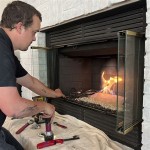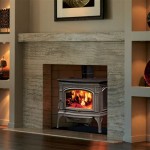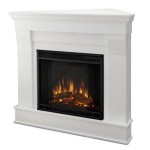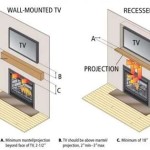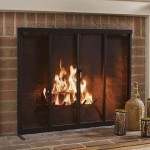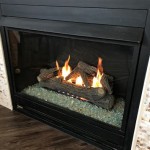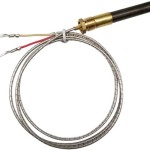Zero Clearance Wood Fireplaces: Essential Aspects
Zero clearance wood fireplaces are a unique type of fireplace that offers a number of advantages over traditional fireplaces, ranging from improved safety to enhanced efficiency. In this article, we will discuss the essential aspects of zero clearance wood fireplaces, including its benefits, types, installation requirements, and maintenance. By understanding these aspects, you can make an informed decision about whether a zero clearance wood fireplace is right for your home.
Benefits of Zero Clearance Wood Fireplaces
Zero clearance wood fireplaces offer a number of benefits over traditional fireplaces, including:
- Increased Safety: Traditional fireplaces require a large amount of clearance around them due to the risk of fire. However, zero clearance wood fireplaces are designed to be installed directly against combustible materials, making them much safer.
- Improved Efficiency: Zero clearance wood fireplaces are designed to burn wood more efficiently than traditional fireplaces, allowing you to get more heat out of every log.
- Cleaner Burning: Zero clearance wood fireplaces have a closed combustion system, which means that they burn wood more completely and produce less smoke and pollution.
- Easier Installation: Zero clearance wood fireplaces are typically easier to install than traditional fireplaces, as they do not require a masonry chimney or a large amount of framing.
Types of Zero Clearance Wood Fireplaces
There are two main types of zero clearance wood fireplaces: wood-burning and gas-burning.
- Wood-burning fireplaces are the most traditional type of zero clearance fireplace. They are fueled by wood logs and produce a beautiful, natural flame.
- Gas-burning fireplaces use natural gas or propane as fuel. They are more convenient than wood-burning fireplaces and produce a cleaner burn.
Installation Requirements for Zero Clearance Wood Fireplaces
Zero clearance wood fireplaces have specific installation requirements that must be followed in order to ensure safety and performance. These requirements include:
- A hearth extension that extends at least 16 inches in front of the fireplace opening and 8 inches on each side.
- A non-combustible material surrounding the fireplace on all sides, including the ceiling and floor.
- A metal firebox that is lined with refractory material.
- A chimney that meets the manufacturer's specifications.
Maintenance of Zero Clearance Wood Fireplaces
Zero clearance wood fireplaces require regular maintenance to ensure that they are operating safely and efficiently. This maintenance includes:
- Cleaning the fireplace and chimney regularly to remove soot and creosote.
- Inspecting the fireplace and chimney annually for any damage or wear and tear.
- Replacing the refractory lining of the firebox as needed.
Conclusion
Zero clearance wood fireplaces offer a number of advantages over traditional fireplaces, including increased safety, improved efficiency, cleaner burning, and easier installation. By understanding the essential aspects of zero clearance wood fireplaces, you can make an informed decision about whether one is right for your home.

Epa Certified Zero Clearance Wood Burning Fireplaces

Rsf Pearl Woodburning Zero Clearance Fireplace Fergus

Is A New Zero Clearance Fireplace Right For You Design Styles Sizes

Wood Burning Fireplaces Fireplace Installations

Osburn Stratford 2 Zero Clearance Wood Fireplace Fireplaces By Cameron

Zero Clearance Wood Fireplace Ventis He350 Best Fireplaces

Zero Clearance Wood Gas Fireplaces Richmond Va Prefab

Wood Burning Fireplaces Fireplace Installations

Ventis He250 Zero Clearance Wood Fireplace Chimney

Hearthstone Wfp 75 Montgomery 8411 Zero Clearance Wood Burning Fireplace Mazzeo S Stoves Fireplaces
Related Posts

